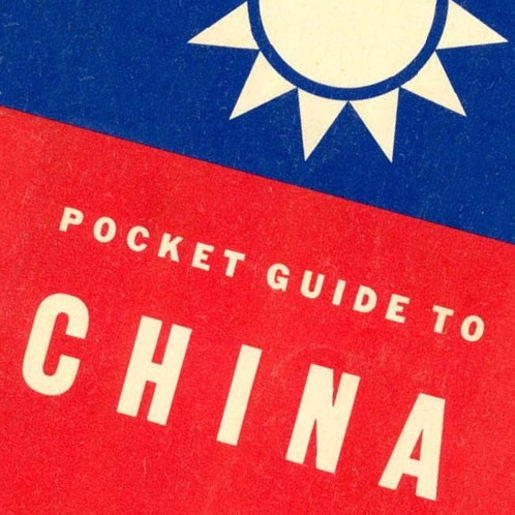 CHINA has been at war for 5 years with her enemy and ours — the Japanese. She has met heavy defeats and won important victories. She has suffered more than 5,000,000 casualties in those years of war. Yet, today, the free people of China are still fighting, still holding a better armed foe.
CHINA has been at war for 5 years with her enemy and ours — the Japanese. She has met heavy defeats and won important victories. She has suffered more than 5,000,000 casualties in those years of war. Yet, today, the free people of China are still fighting, still holding a better armed foe.
You and your outfit have been ordered to China to help this gallant ally. Your job, fighting side by side with the Chinese, is to rid that country of the Japanese. No American troops anywhere have a more important assignment.
Two problems face you right away. You don’t know the language and you don’t know the people. That makes it harder to be a guest in China than in a country like England or Australia.
Nobody expects you to learn a language as complex as Chinese, although the glossary at the end of this book will enable you to learn enough to get along. To understand a people is something else again. It takes a blend of curiosity, common sense, and courtesy. You might well adopt as your motto one of the many proverbs that guide the Chinese in their own conduct. They say …
“When you enter a neighborhood ask what is forbidden; when you enter a country ask what the customs are.”
It is the purpose of this guide to tell you about some of these customs. It will only take about 20 minutes to read, but, by helping you to understand China and the Chinese people, it can add interest to your stay in their country and help you to do a better job for America.
Prepared by Army Information Branch, Army Service Forces, United States Army, 1943
Digitized by Central University Libraries, Southern Methodist University
Download Pocket Guide to China (7MB)
 “I claim we got a hell of a beating. We got run out of Burma and it is humiliating as hell. I thinly we ought to find out what caused it, go back and retake it!”
“I claim we got a hell of a beating. We got run out of Burma and it is humiliating as hell. I thinly we ought to find out what caused it, go back and retake it!” 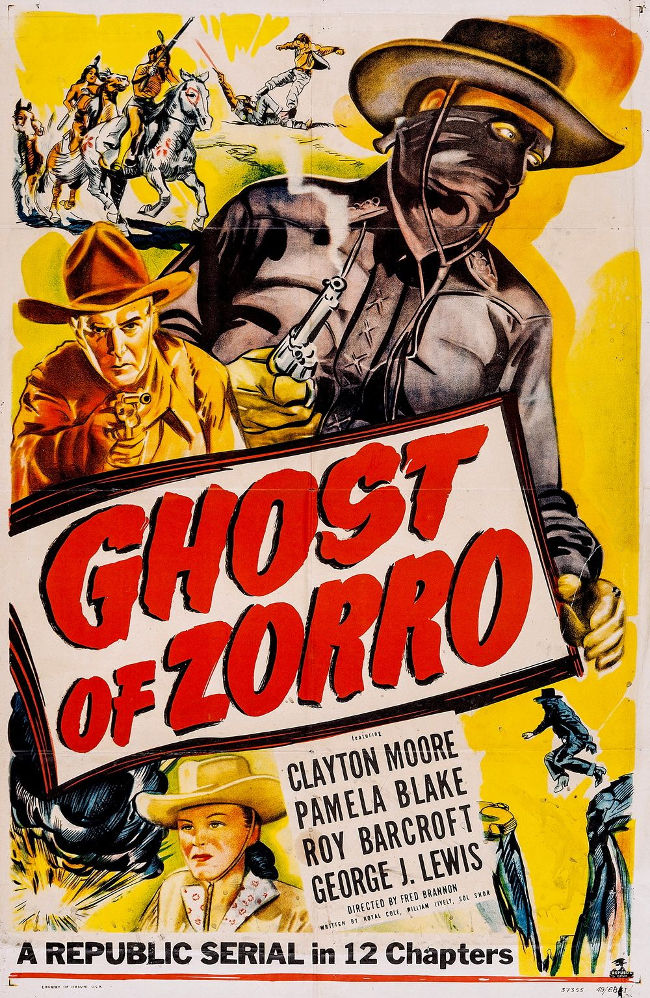
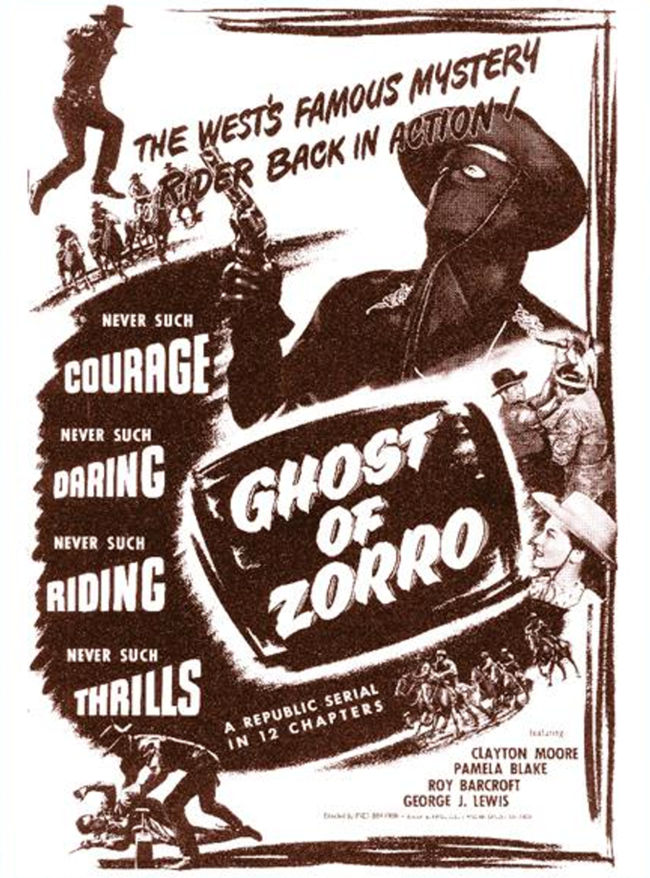
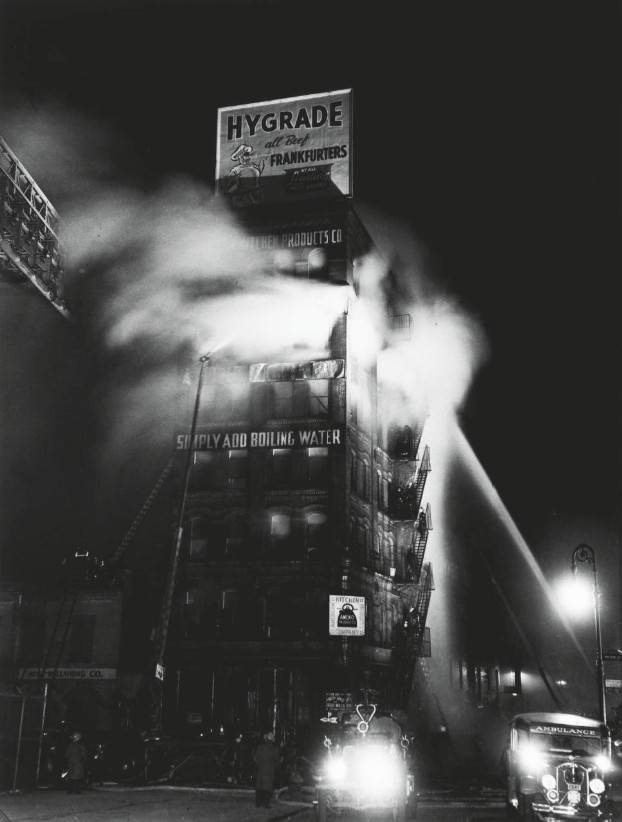
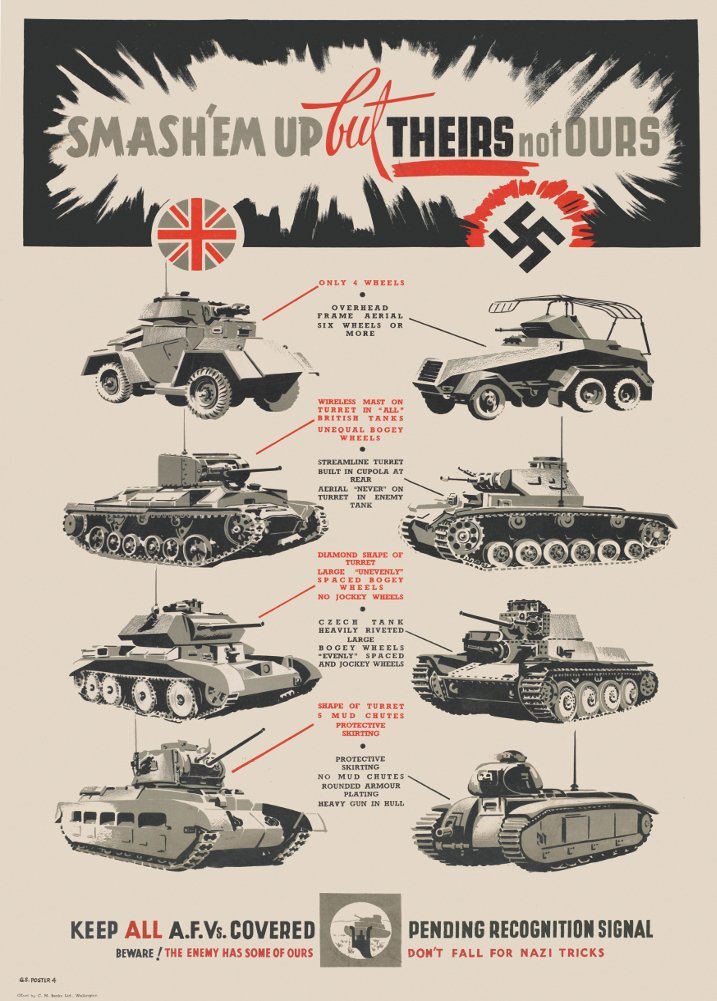
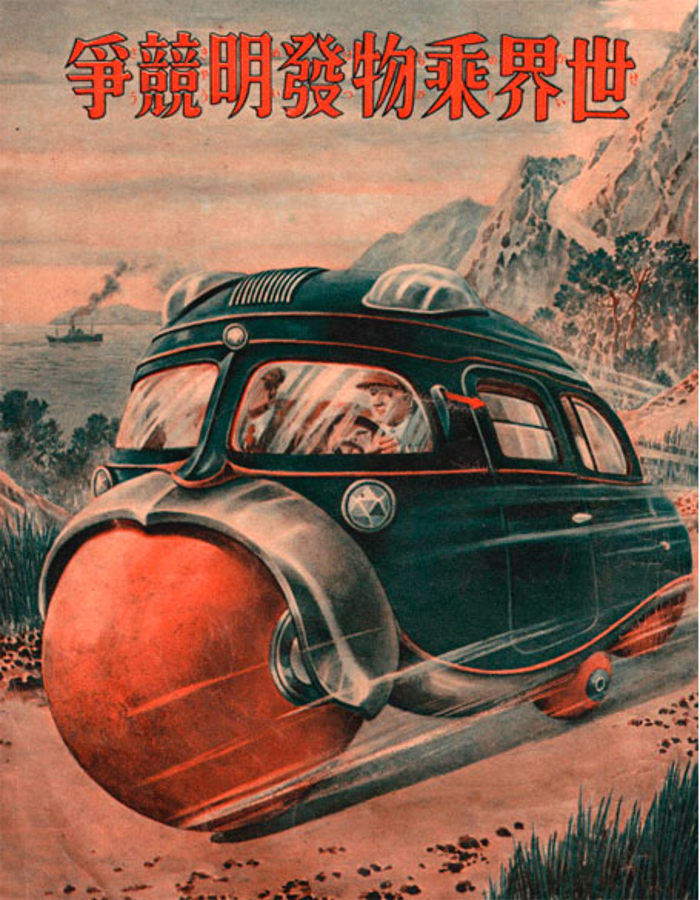
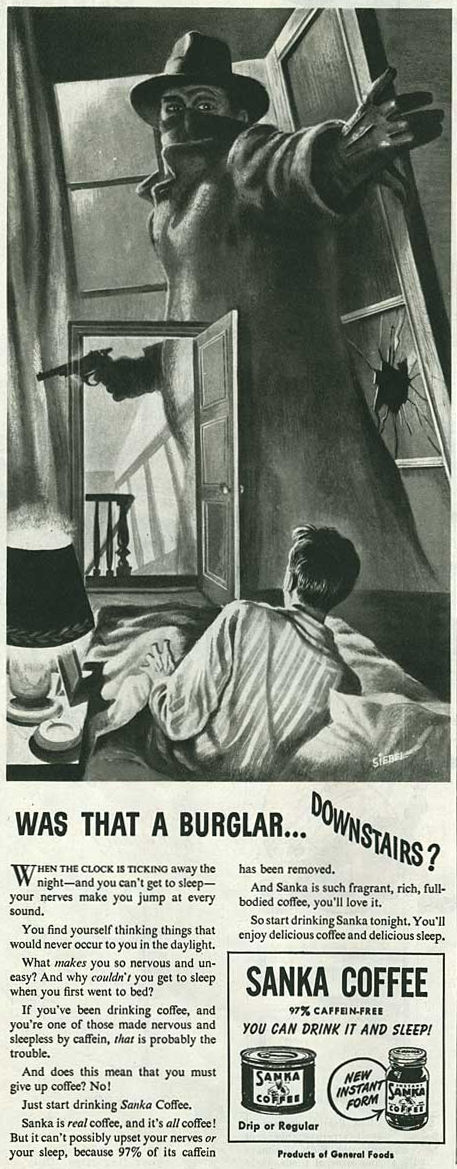
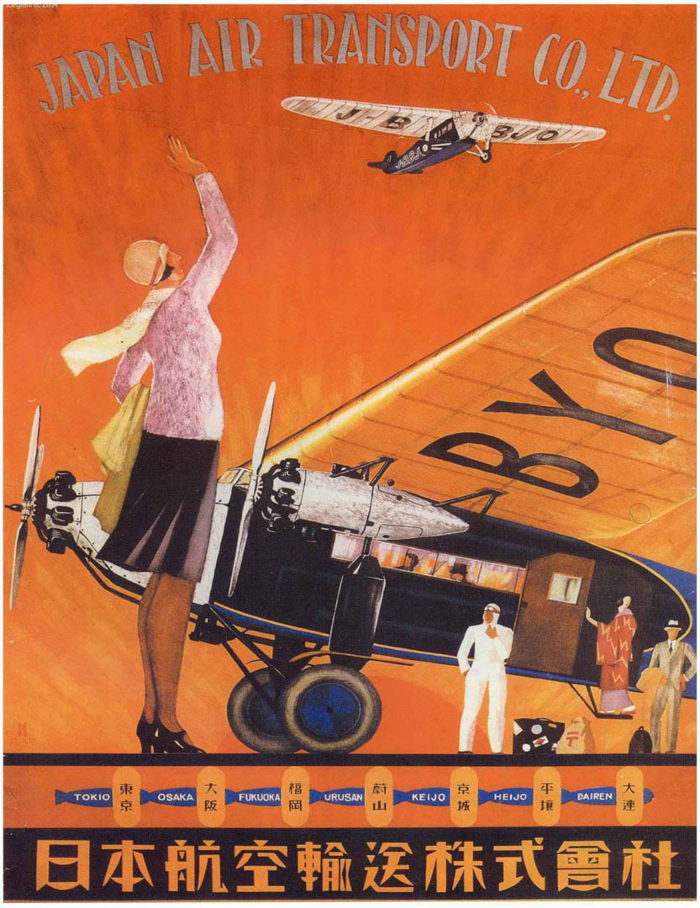
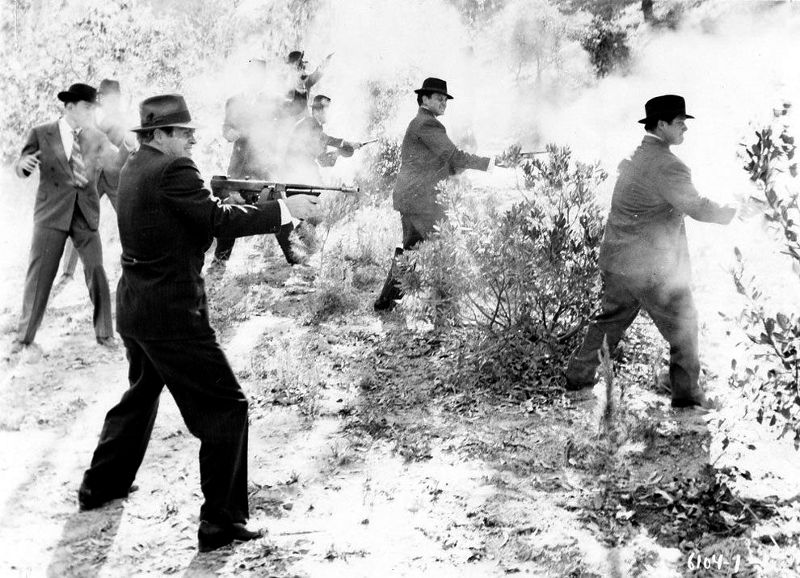
 CHINA has been at war for 5 years with her enemy and ours — the Japanese. She has met heavy defeats and won important victories. She has suffered more than 5,000,000 casualties in those years of war. Yet, today, the free people of China are still fighting, still holding a better armed foe.
CHINA has been at war for 5 years with her enemy and ours — the Japanese. She has met heavy defeats and won important victories. She has suffered more than 5,000,000 casualties in those years of war. Yet, today, the free people of China are still fighting, still holding a better armed foe.